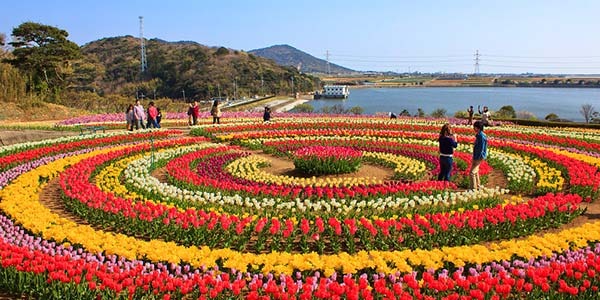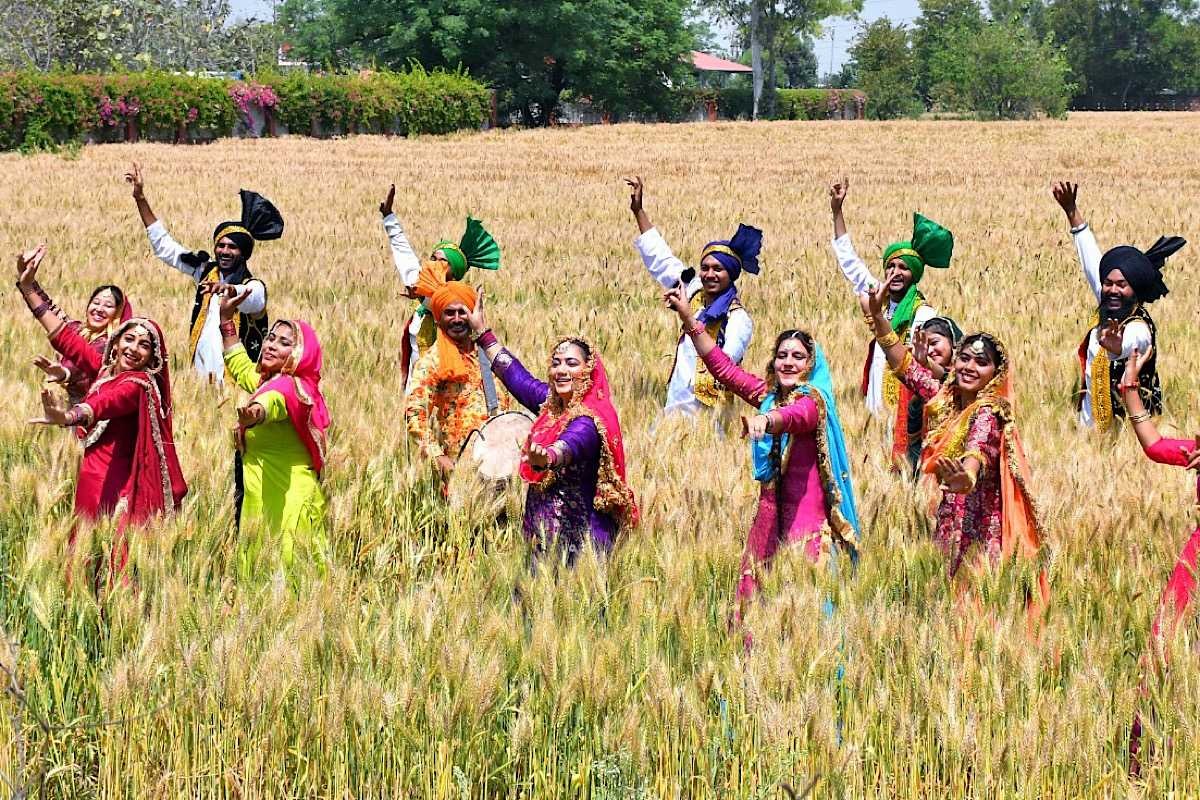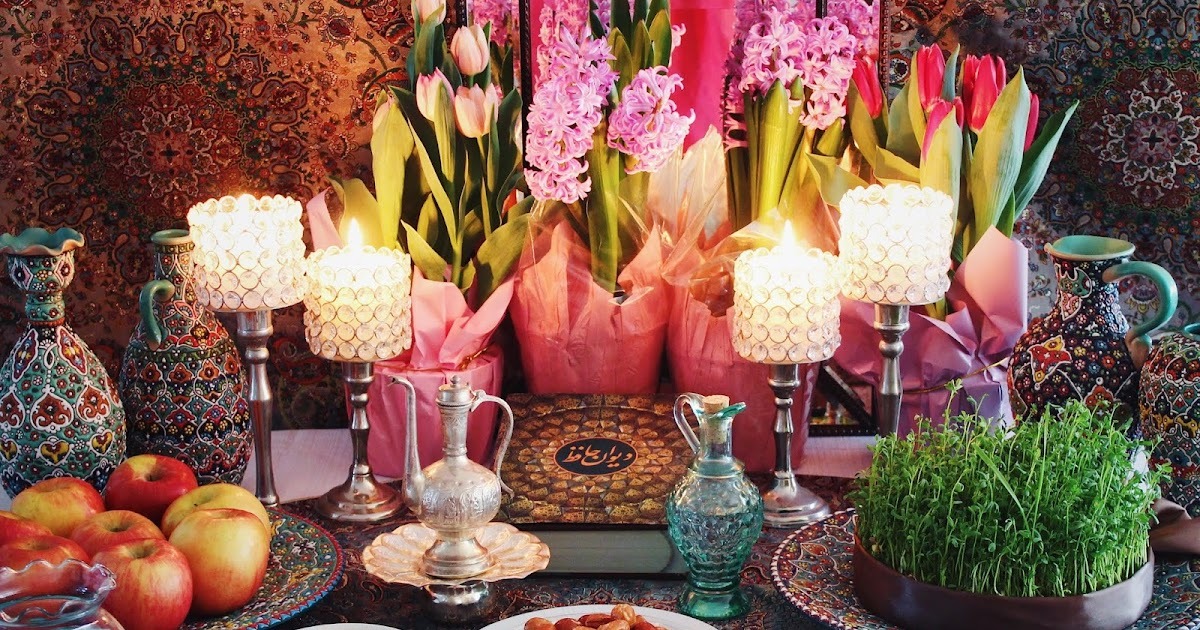Festivals of Kashmir: Celebrating Life Amidst the Himalayas
Kashmir, often called “Paradise on Earth”, is not just about snow-clad mountains, serene lakes, and breathtaking valleys. The land is equally famous for its rich cultural heritage and vibrant festivals that reflect the harmony of different communities living together for centuries. Every season in Kashmir is marked by celebrations—some rooted in religion, others in tradition, but all infused with joy, music, and togetherness.
In this blog, let’s take a journey through the most popular festivals of Kashmir, and how you can experience them on your next visit.
Tulip Festival – A Blooming Paradise
Held every year in April, the Tulip Festival in Srinagar is one of the most colorful events in India. The Indira Gandhi Memorial Tulip Garden, Asia’s largest, comes alive with more than a million tulips in full bloom. Visitors can enjoy folk music, handicraft exhibitions, and Kashmiri cuisine while strolling among endless rows of flowers.
This festival is a photographer’s dream and a must-visit for travelers planning a spring trip to Kashmir.
Travel Tip: If you’re booking a Kashmir tour package from Delhi, make sure to align your trip with this festival for an unforgettable spring experience.

Urs – A Festival of Sufi Devotion
Kashmir is deeply influenced by Sufi traditions, and Urs (commemoration of a Sufi saint’s death anniversary) is among the most spiritual festivals celebrated here. The most famous is the Urs of Hazratbal Shrine and Khanqah-e-Moula in Srinagar.
During Urs, devotees gather to offer prayers, listen to Sufi music, and participate in night-long gatherings. It’s a beautiful reminder of Kashmir’s spiritual depth and communal harmony.
Eid-ul-Fitr & Eid-ul-Adha – The Joy of Brotherhood
Like in the rest of India, Eid celebrations in Kashmir are filled with prayers, charity, and feasting. Families dress in traditional attire, prepare delicious dishes like Gushtaba, Rogan Josh, and Kahwa, and visit loved ones.
Markets in Srinagar, Anantnag, and Baramulla glow with festive lights, while mosques witness thousands of devotees coming together in prayer. Tourists visiting during Eid can witness Kashmiri hospitality at its best.
Lohri & Baisakhi – Harvest Celebrations
In Jammu and some parts of Kashmir, Lohri and Baisakhi are celebrated with bonfires, folk dances, and feasts. These festivals mark the harvest season and are deeply rooted in agrarian traditions.
- Lohri (January): Bonfires are lit, people sing folk songs, and share sweets made of sesame and jaggery.
- Baisakhi (April): Known as the harvest festival, it also has religious significance for Sikhs. Fairs are organized with music, dance, and traditional food.

Shivratri (Herath) – The Kashmiri Pandit Festival
For Kashmiri Pandits, Herath (Shivratri) is the most important festival. Celebrated with great devotion, it symbolizes the marriage of Lord Shiva and Goddess Parvati. Families prepare special dishes, light lamps, and offer prayers.
What makes Herath unique in Kashmir is that it’s celebrated not just by Pandits, but is respected across communities, reflecting the valley’s shared traditions.
Navroz – Persian New Year
Another significant festival is Navroz, celebrated by the Shia Muslim community in Kashmir. Marking the Persian New Year, it’s a festival of new beginnings, prayers, and charity. People clean their homes, prepare festive dishes, and exchange greetings.
Tourists visiting in March can enjoy the festive spirit, with local bazaars filled with vibrant colors and traditional delicacies.

Amarnath Yatra – A Spiritual Pilgrimage
While technically not a “festival” in the usual sense, the Amarnath Yatra is one of Kashmir’s most important religious events. Thousands of devotees trek through the Himalayas to reach the sacred Amarnath Cave, where a naturally formed ice Shivling is worshipped.
The atmosphere during the Yatra is filled with chants, devotion, and a sense of spiritual adventure.
Festivals Beyond Religion – Music, Dance & Culture
Apart from religious festivals, Kashmir also hosts cultural festivals like the Kashmir Sufi Festival, Shikara Festival, and Snow Festival in Gulmarg. These showcase Kashmiri folk music, traditional dance forms like Rouf, handicrafts, and local cuisine.
These festivals are an opportunity for travelers to immerse themselves in the valley’s art, culture, and hospitality.
Why Experience Festivals in Kashmir?
- They reflect communal harmony where Hindus, Muslims, and Sikhs celebrate together.
- Festivals bring alive Kashmiri traditions, handicrafts, and music.
- Tourists get to taste authentic Wazwan dishes and experience local hospitality.
- The scenic backdrop of snow-capped peaks, lakes, and gardens makes the celebrations even more magical.
Plan Your Trip to Kashmir
If you’re planning to witness these festivals, the best way is to book a Kashmir tour package from Delhi. This ensures a hassle-free experience with flights, accommodation, sightseeing, and guided tours to cultural hotspots. Whether you want to see tulips in April, celebrate Eid in summer, or join Herath in winter, Kashmir offers something unique every season.
Final Thoughts
The festivals of Kashmir are more than just celebrations—they are living traditions that showcase the valley’s spirit of unity, faith, and joy. From the blooming tulips of spring to the spiritual chants of Urs, each festival paints a different picture of Kashmir’s cultural canvas.
So, the next time you plan a trip, make sure your itinerary aligns with one of these vibrant festivals—you’ll return with not just memories of landscapes, but also the soulful experiences of Kashmiri culture.
